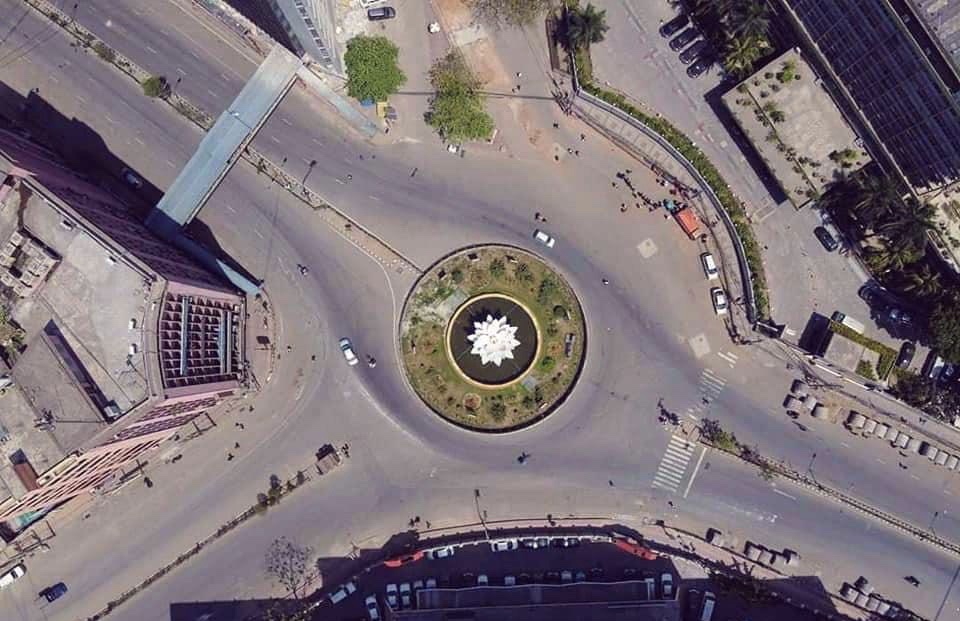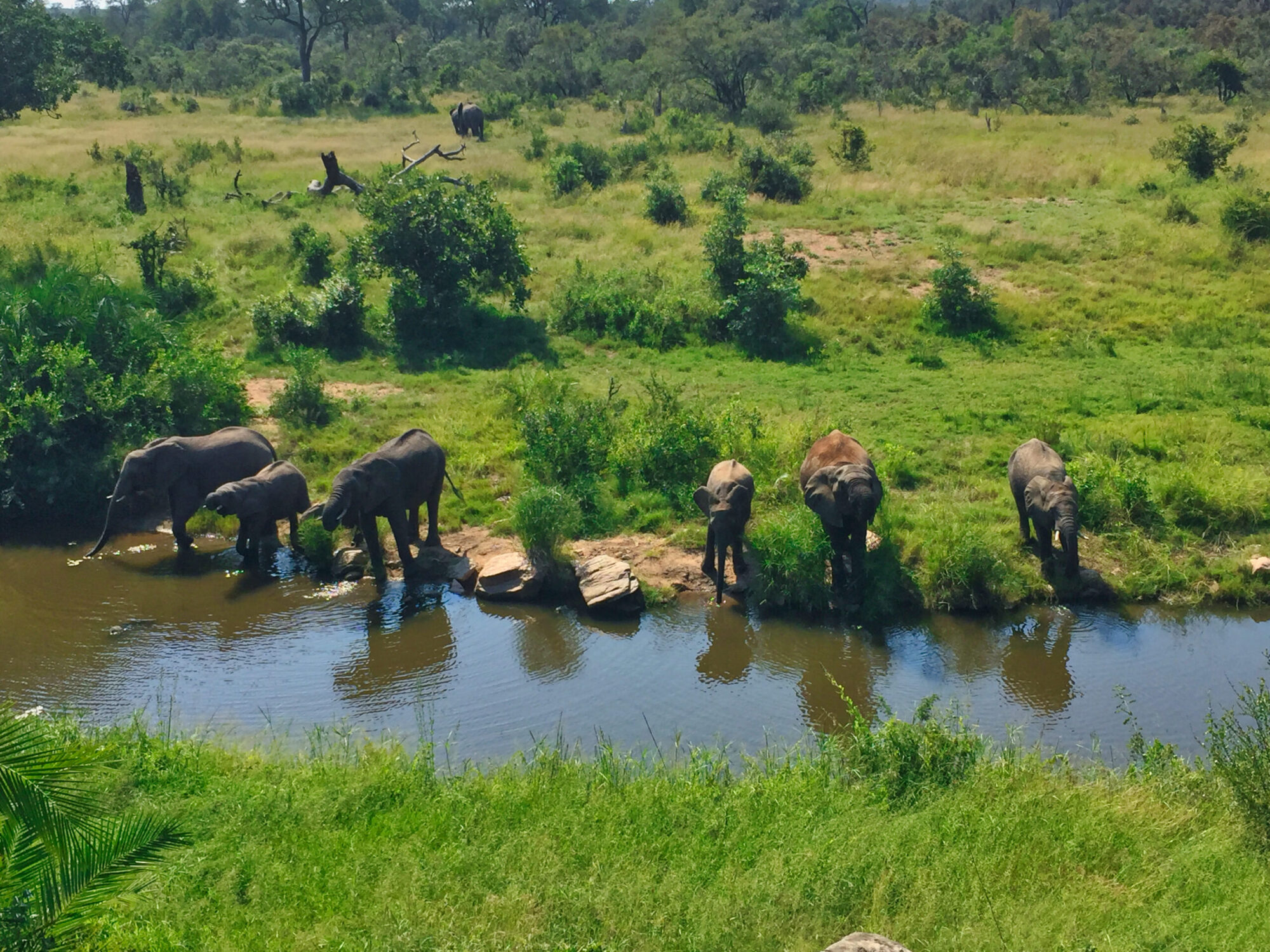
Photo: Abdus Salam/ Prothom Alo
Hundreds of thousands have fallen ill and death tolls continue to climb, adding to the thousands already deceased. The coronavirus has transformed our world as we know it. But through the midst of a pandemic, there are positives. Businesses, factories and transport networks have closed and people have been advised to stay home. Flight after flight has been cancelled as extensive travel restrictions have been implemented. This has resulted in a plunge in carbon emissions. Pollution levels have fallen 50% in New York, compared to the same time last year, Chinese emissions fell 25% early this year and coal usage dropped 40% in China’s six largest power plants, according to an article by BBC.
The Google Covid-19 Community Mobility Reports show movement trends across places such as groceries, pharmacies, transit stations, work places and residential areas in comparison to before social distancing and lockdown measures were implemented.
However, not all of the virus’ side effects are positive. Rhino poaching has increased in Africa according to an article by NY Times.
“These animals are not just protected by rangers, they’re also protected by tourist presence,” said Tim Davenport, Africa at the Wildlife Conservation Society. “If you’re a poacher, you’re not going to go to a place where there are lots of tourists, you’re going to go to a place where there are very few of them.”
Tourist money is also relied upon for funding of conservation projects across Africa. Their absence may lead to unpaid leave for private reserve employees, leaving the reserves unguarded against poachers. If we don’t find a solution soon, then wildlife populations may take a heavy toll.
